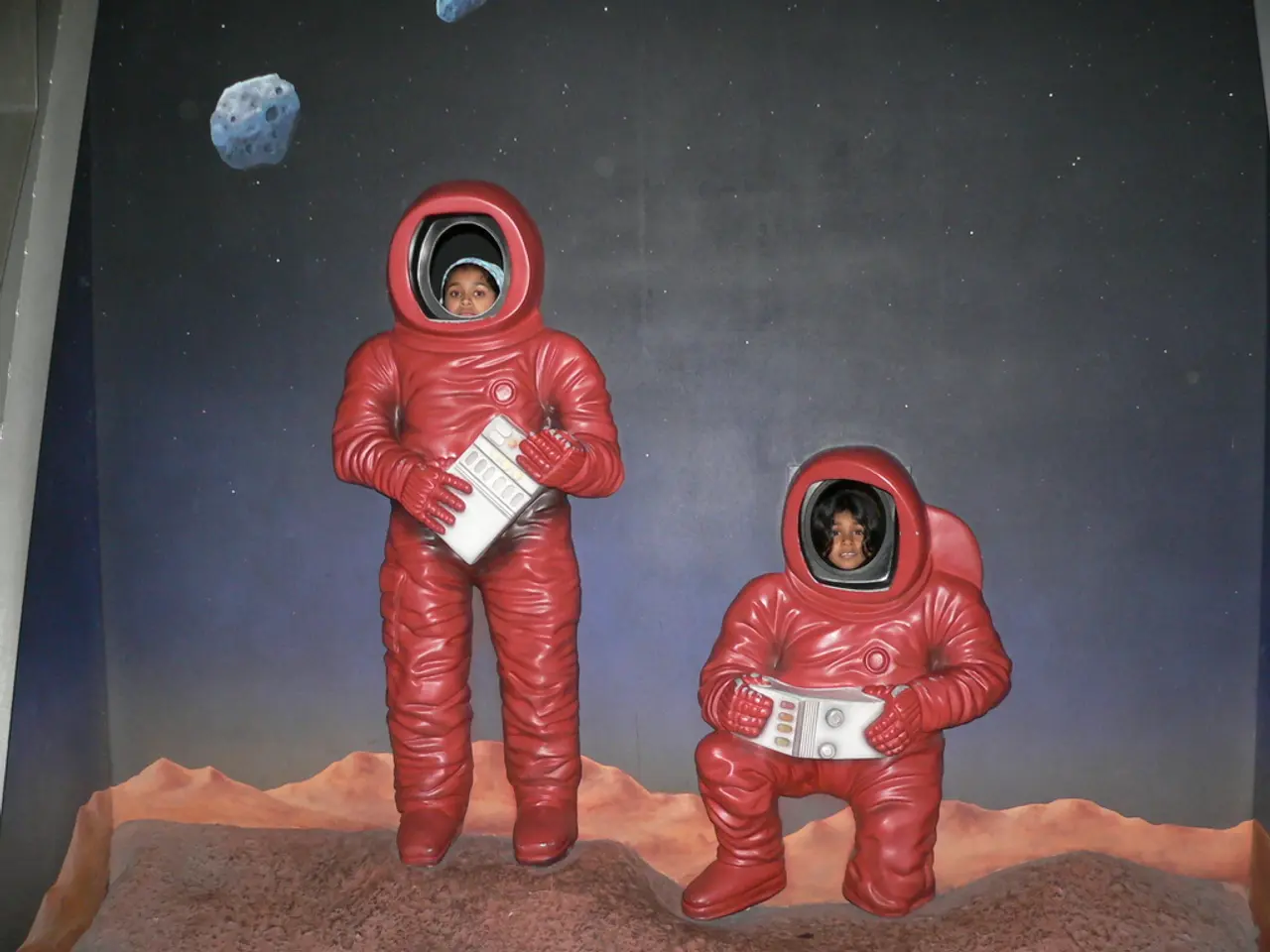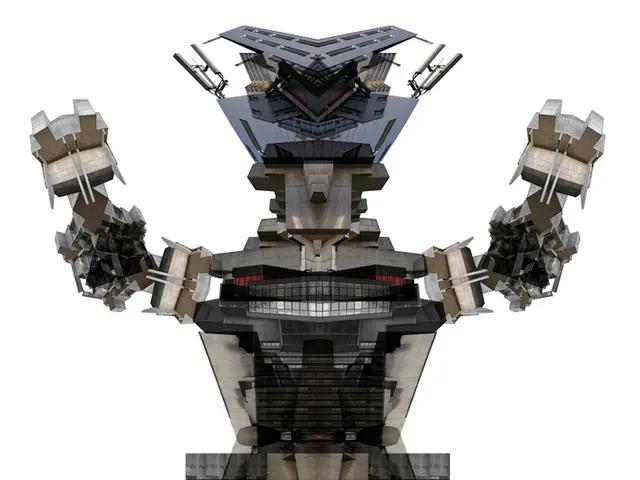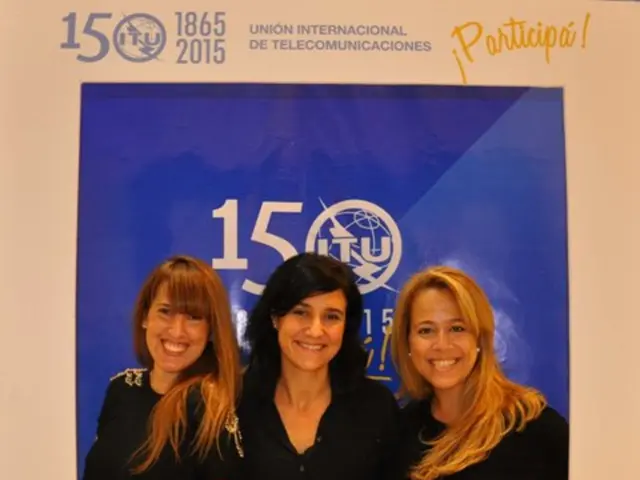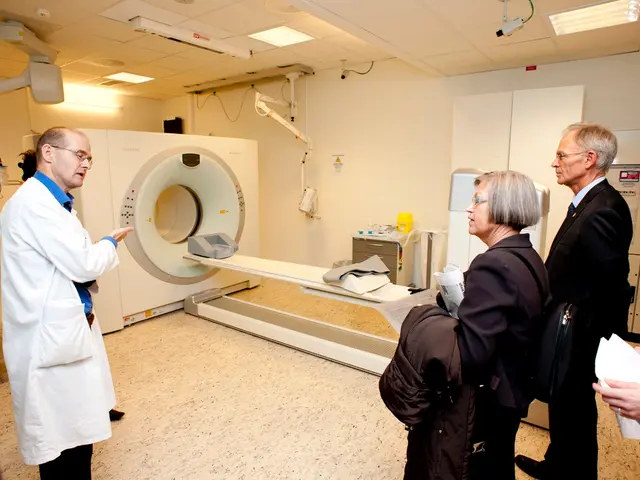Space photography showcases astronauts gathering blood samples aboard the International Space Station, July 21, 2025
In the vast expanse of space, aboard the International Space Station (ISS), approximately 250 miles (402 km) from Earth, a groundbreaking research project is underway. The Immunity Assay, a key initiative, is delving into the impact of microgravity and space stress on human immune cells.
The project, which involves collecting blood samples from astronauts aboard the ISS, aims to understand how the unique conditions of space—such as microgravity, increased radiation, confinement, and disrupted sleep cycles—combine as powerful stressors that can suppress the immune system, making astronauts more susceptible to illness during and after long missions.
By measuring specific stress markers, immune cell levels, and other biological indicators in the blood, scientists gain crucial insights into how the human body adapts to these extreme conditions. This real-time data helps medical teams on Earth adjust prevention and treatment protocols for crew members during their stay on the ISS, thereby supporting astronaut health.
The Immunity Assay and related microgravity research have significant implications for medicine on Earth. Understanding immune system responses and stem cell behavior in space can inform therapies for immune disorders, cancer treatment (including chemotherapy), and bone marrow transplants. For example, microgravity research helps explore how hematopoietic stem cells expand and differentiate into immune cells, which could improve treatments like CAR-T therapy.
Notably, NASA Expedition 73 Flight Engineer Nichole Ayers and ISS Commander Takuya Onishi of JAXA are part of this project, contributing to its importance in protecting astronauts on long-duration spaceflights and advancing biomedical knowledge that may improve immune-related health care on Earth.
As the ISS continues to serve as a vital platform for research, the Immunity Assay stands as a testament to the ongoing quest to understand the human body's response to the challenges of space travel, with the ultimate goal of ensuring the health and safety of astronauts and potentially paving the way for innovative medical advancements on Earth.
- The research findings from the Immunity Assay, taking place aboard the International Space Station, may provide insights into medical-conditions that affect health-and-wellness on Earth, such as immune disorders, cancer treatments, and bone marrow transplants, considering the impact of space's unique conditions on the human immune system.
- As the Immunity Assay continues to dive into space history, collecting blood samples from astronauts and studying the effects of microgravity, increased radiation, confinement, and disrupted sleep cycles on human immune cells, it is possible that the data gathered could shape the future of news in space-and-astronomy and health, potentially revolutionizing medical-treatments and health care for individuals on Earth.
- In an effort to improve astronaut health during long-duration spaceflights and expand human knowledge in health, history, and science, NASA Expedition 73 Flight Engineer Nichole Ayers and ISS Commander Takuya Onishi contribute to the Immunity Assay research that takes place on the International Space Station, allowing for the advancement of medical-conditions research and the progression of health-and-wellness for both astronauts and Earth's population.




